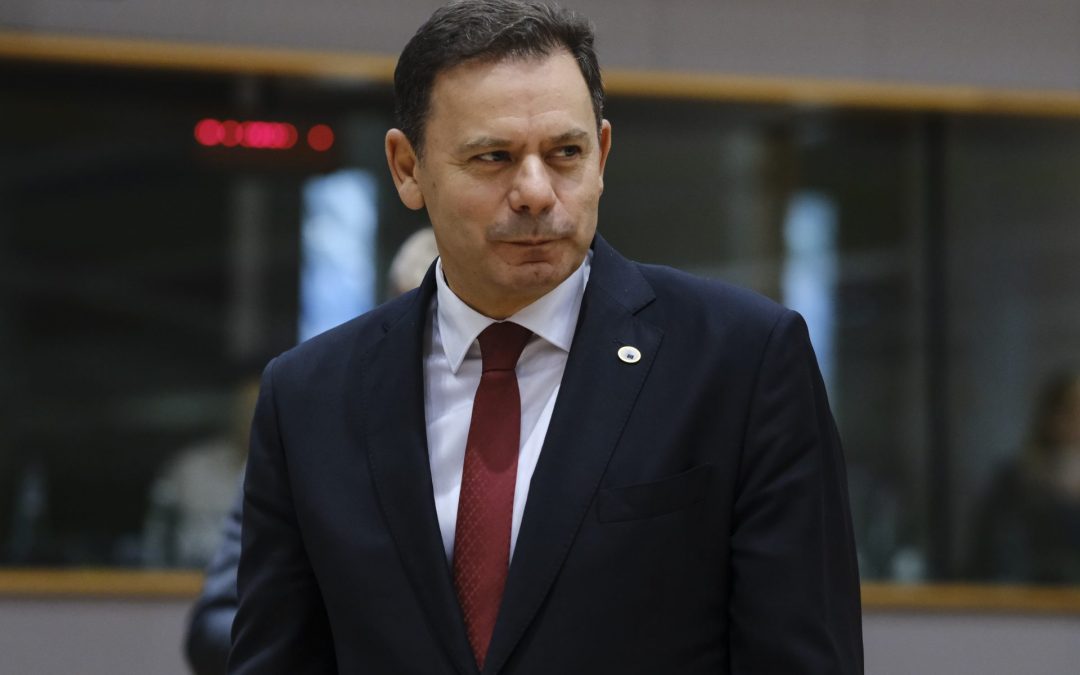Prime Minister Luís Montenegro assured today that Portugal is willing to receive immigrants, but will not do so “with open doors,” advocating for mechanisms in the European Union (EU) against illegal immigration and ensuring returns in those situations.
“We are willing to welcome immigrants in Portugal from countries where people do not see their opportunities guaranteed. We need labor, qualified labor, labor for various sectors of economic activity and we have that openness, […] but that openness should not be confused with an open-door policy,” declared the Portuguese head of government.
Speaking in Brussels upon arrival at the European Council marked by a discussion on migration management, Luís Montenegro advocated the creation at the EU level of “mechanisms that ensure that those who do not comply with the rules can be repatriated, can have a return that naturally ensures respect for human rights and guarantees respect for dignity.”
“There must be a consequence for irregular immigration because if there is no consequence it means opening the door and everyone who arrives in Europe irregularly ends up seeing their situation regularized and, therefore, it is indeed necessary that, in cases of greater pressure, there can be mechanisms that deter irregular behavior,” he said.
Highlighting that “each member state has its own migration reality,” Luís Montenegro emphasized: “What concerns us the most in Portugal at the moment is that there is indeed a return policy that, from the point of view of guaranteeing human rights, is capable of, on the one hand, pursuing the goal of leading people to behave within the rules.”
“We are a country that needs to welcome immigrants and also needs, as has been the policy of this government, to have regulated migration flows in order to provide more dignified reception conditions, and that is what our willingness is,” he concluded.
The regular European summit in October comes at a time when Germany and France are tightening controls at their borders and tightening migration rules, while countries like Spain and Greece also face migration pressure, Italy makes agreements with third countries, and Poland attempts, as Finland has done, to temporarily suspend the right to asylum to respond to what they say are Belarus and Russia’s attempts to use migrants to destabilize the West.
This is a sensitive debate in the EU given the different points of view and the different contexts of the member states in migration management, which will serve to analyze how to combat illegal immigration, strengthen returns of people in that situation, and improve legal channels of integration.
Today, an initial discussion on this topic is expected to take place, which comes months after the EU adopted a new pact on asylum and immigration, which will only be in effect in 2026 given the necessary adaptation period for the national legislations of the 27 member states, but from which the Netherlands and Hungary are already requesting exclusion, while other countries insist on the early adoption of the new rules.
At the EU level, it is estimated that 27.3 million third-country nationals live in the 27 member states, equivalent to 6.1% of the population, and that illegal immigrants account for less than 1% of the total.
In Portugal, the foreign resident population is just over one million.
 go to the original language article
go to the original language article
This article has been translated by Artificial Intelligence (AI). The news agency is not responsible for the content of the translated article. The original was published by Lusa.
